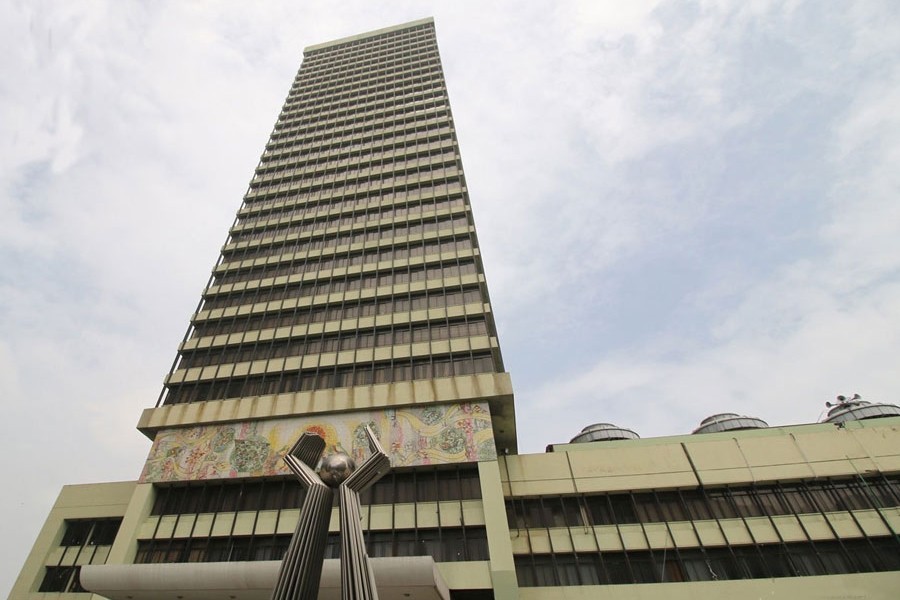The central bank has instructed non-banking financial institutions (NBFIs) to ensure loan or lease financing appropriately for improving corporate governance in the financial sector, as some aberrations occurred.
Under new provisions dictated by the Bangladesh Bank (BB), the NBFIs will have to preserve the copies of bank statements in the customers' files after disbursement of the loan or lease amounts.
In the wake of a string of rulings by the regulator for the financial sector, including money and stock markets, the BB issued a notification Tuesday to the non-banks to this effect.
In case of Shariah-based Islamic NBFIs, consent of the customers will have to be collected and preserved accordingly before disbursement of funds to the concerned, it says.
The latest BB moves came against the backdrop of disbursement of loans or leases bypassing the existing credit norms by some NBFIs.
In some cases, the central bank found that loans or leases were disbursed to third-party accounts instead of real borrowers, according to officials.
"We've taken the latest measures to ensure proper disbursement of loans or leases in the NBFIs through improving corporate governance in the sector," a BB senior official told the FE.
He also said the BB's inspection teams had already found loans or leases disbursed to third-party accounts instead of the genuine borrowers.
Earlier on February 28, the central bank asked the NBFIs to ensure proper use of loans through carrying out internal inspections on a regular basis on the loans.
On the other hand, the central bank also asked the NBFIs to verify borrower-submitted financial statements by using Document Verification System (DVS) before sanctioning loan or leases to ensure credit discipline in the sector.
The BB issued another circular in this connection the same day asking all the managing directors and chief executive officers of the NBFIs to contact the Institute of Chartered Accountants of Bangladesh (ICAB) for using DVS.
DVS is an application under which a document verification code (DVC) would be automatically generated by the system after submission of some specific information by the auditor.
"It will also help reduce the volume of non-performing loans (NPLs) in the NBFIs," another BB official said, adding that the NBFIs will have to collect and preserve the audited financial statements in the loan files for approval and renewal of loans or leases.
The latest initiatives also come following an upturn in NPLs in the NBFIs in recent months despite loan-moratorium facility in 2020.
The volume of classified loans in the country's NBFIs jumped by over 47 per cent to Tk 100.35 billion as on March 31 this calendar year from Tk 70.34 billion the same day in 2020. It was Tk 100.54 billion as on December 31, 2020.
Actually, the NBFIs had not been allowed to classify loans or leases adversely until December 31, 2020, in line with the BB's directives.
Earlier, the central bank had asked the NBFIs not to be harsh while classifying loans to help businessmen offset the adverse impact of the Covid-19 pandemic on their businesses.
Besides, Proshanta Kumar Halder, also known as PK Halder, a former managing director of the Reliance Finance Limited, allegedly embezzled about Tk 35 billion from four NBFIs, imperiling the entire NBFI sector of Bangladesh.


